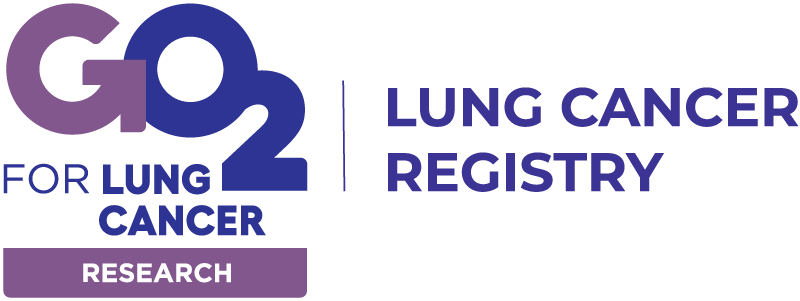FAQs
You’ve got questions, we’ve got answers. If you still have questions, please don’t hesitate to contact us.
Who can join the Lung Cancer Registry?
Any person diagnosed with lung cancer, older than age 18, or a caregiver of a person with lung cancer (living or deceased).
How is my medical information helpful to researchers? To other patients with lung cancer?
The more information that is collected about patients just like you, the closer we get to finding new and better therapies so that all survivors can live longer, better, stronger lives.
Some areas of study that your information could help with include:
- Cause – From gene changes and biomarkers to environmental hazards, lung cancer has many causes.
- Who will do well on which therapy – Because lung cancer is associated with a number of biomarkers, researchers are increasingly able to identify which therapeutic agents work best for which subgroups of patients.
- Management of side effects – Each patient experiences a given drug or therapy differently, but a number of recent studies focus on quality of life and levels of toxicity with newer therapies. These studies provide big-picture connections among patients and create more accurate expectations, for doctors and patients alike, about what types of side effects can be expected. This allows patients to make more informed decisions about therapy.
- Survivorship – As more people are living longer with lung cancer, the Registry is helping researchers understand what it means to live “better.” By learning about the challenges that people within the lung cancer community face—from long-term side effects to sexual health—researchers can work to provide meaningful solutions in the forms of new therapies, improved supportive care, and even better doctor–patient communication.
What will I personally get out of participating?
You are also able to access the Registry tools, such as the Registry Diary, which allows you to make notes about doctor visits or therapeutic successes or challenges. Use the Registry Documents feature that allows you to upload all your documents or medical records in a secure, private platform as a way to stay organized. Use the Find Lung Cancer Specialists tool to see how many Registry participants see your doctor or find a doctors in your area.
You can view your previous surveys at any time, and you can also see trends by age, sex, lung cancer type, and more, when the Registry publishes reports. How many premenopausal women have ALK gene changes? What was the most prominent symptom for men older than 40 at diagnosis? These reports are a great way to see yourself, and others like you, reflected in the data.
How do I sign up?
Can I opt out?
Absolutely, you can opt out of the Registry at any point on your profile page.
Who will have access to my Registry information?
Am I part of a clinical trial if I participate in the Registry?
No. Although Registry data might be used by researchers to add to or complement clinical trial data, clinical trials are very distinct research studies and are separate from one another and from the Registry.
What if I forget my username or password?
- Go to the Sign In page.
- Click “Forgotten your password?”.
How do I change my password or the email associated with my Registry account?
- Log in to your account.
- Click “My account” on the left menu panel.
- You will be prompted to enter your current password and then the new password.
- Click “Set new password”.
How do I see the survey responses stored in the Registry?
- Log in to your account.
- Click ”My impact” to review the surveys you’ve completed. Under the survey you would like to review, click “View Survey”.
- Click the PDF icon in the top right to download a copy of your survey.

